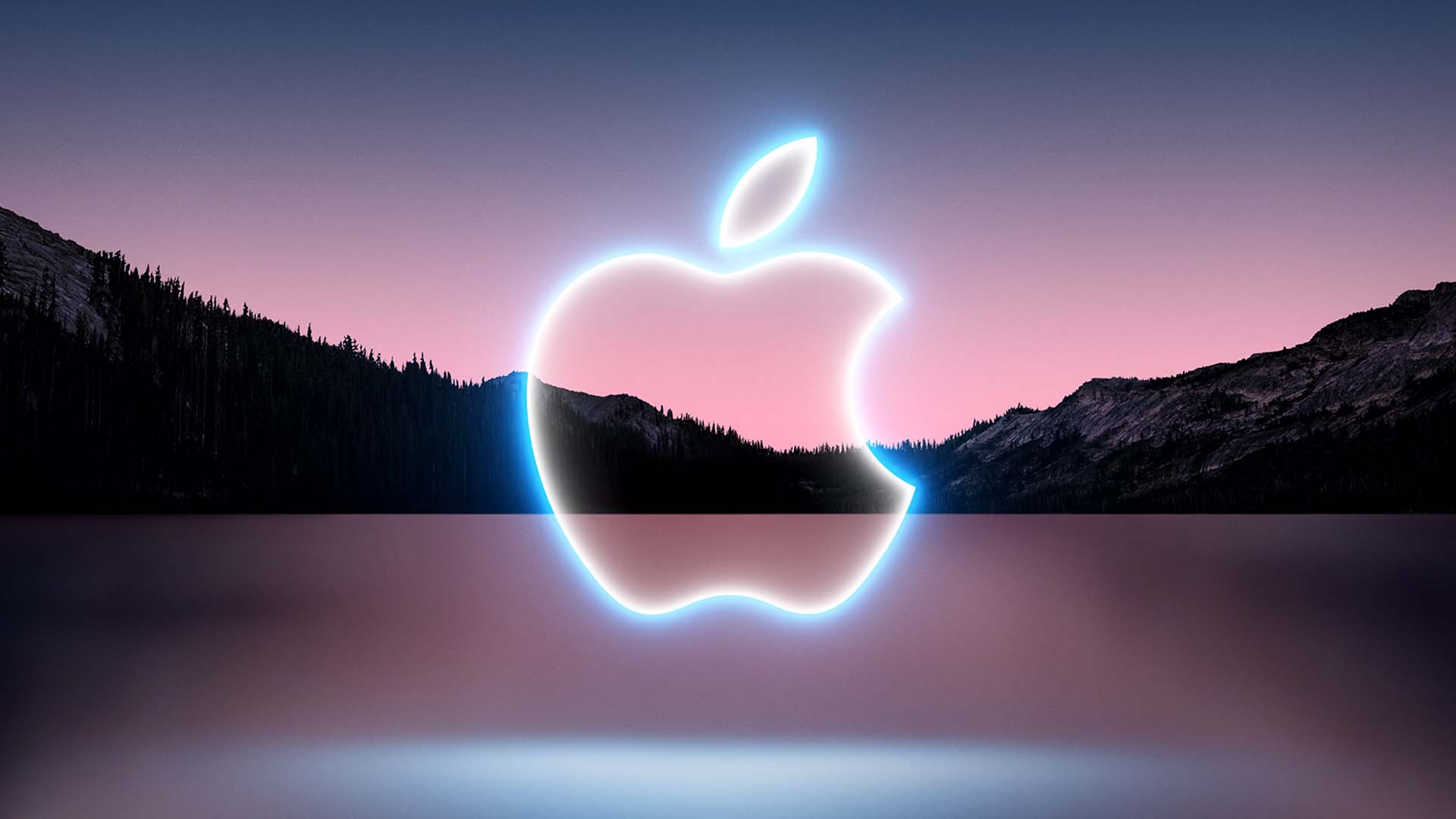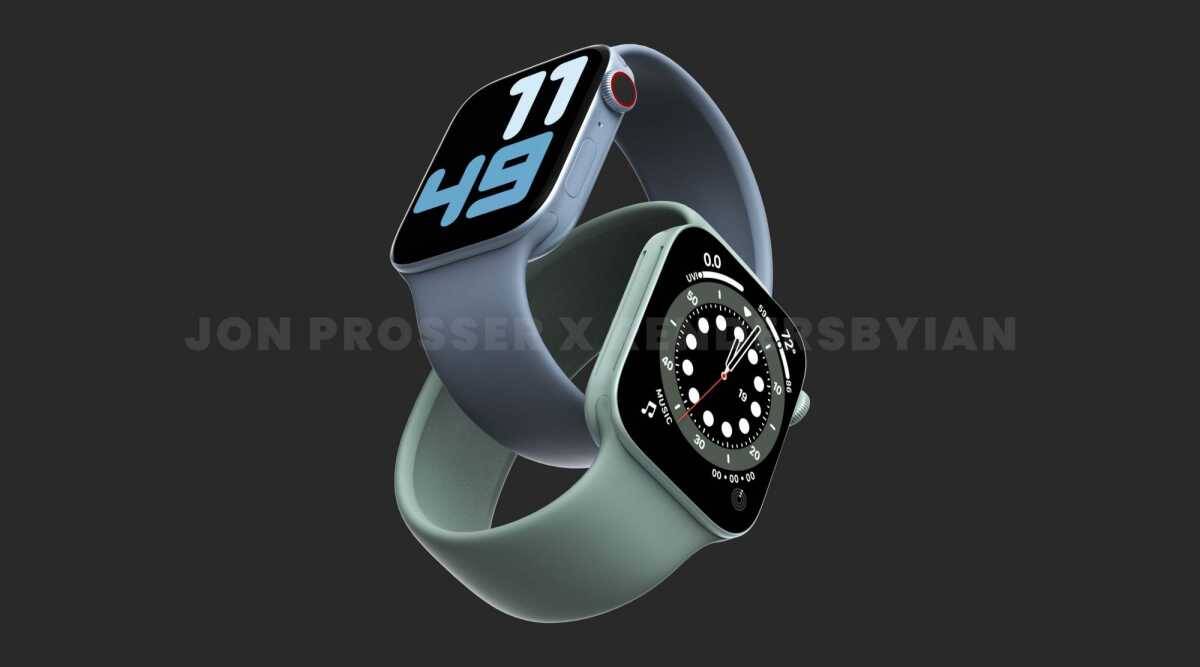The iPhone 13 event leaks were wrong, but that doesn't make Apple right

Apple's secrecy isn't doing itself any favors.
Leaks can be a fickle thing, especially in Apple's case. Most analysts, leakers, and supply chain experts would agree that leaks should often be taken with a grain of salt. But, at the same time, leaks can play an essential role in gathering hype for a product.
When a new flagship launches, rumors about its successor's specs and design will soon follow. In the case of the iPhone 13, Apple hadn't even announced it yet when rumors of the next Apple flagship surfaced.
These leaks can also become a problem, especially if a company chooses not to get ahead of them. As we saw with the September Apple event, many of the leaks did not pan out, leaving some iPhone users somewhat underwhelmed with what Apple announced at the event.
Anshel Sag, a senior analyst at Moor Insights & Strategy, says that many of these leaks come in two categories: pie-in-the-sky features that never come to fruition and others that are more plausible.
"Many of these pie-in-the-sky rumors tend to be pushed by those in the investor community and generally are used as pump and dump schemes to make money on the news that a supplier could get huge contracts from Apple for that technology," he says.
Apple potentially could have avoided those "pie-in-the-sky" rumors if it had taken a more Google-like approach by pre-announcing its devices. After Pixel 6 leaks started getting out — from its two-tone design to the in-house Tensor chip powering it — the company went ahead and teased the device well in advance, providing just enough information to paint a picture but still leaving us curious.
Even when word got out that Google allegedly canceled the then-unannounced Pixel 5a, the company stepped in to contradict the incorrect leakers that same day. In the process, it confirmed the existence of the device ahead of schedule.
Manufacturers of some of the best Android phones also take time to tease various features and design aspects of their devices before launch. OnePlus is one example, as just this year the company teasing camera features and display specs well before the launch of the OnePlus 9.
Apple leaks should be "considered less reliable," but they move markets
However, Apple's hubris makes it unlikely that the company will ever change its ways. Cupertino does not take kindly to leaks and has gone so far as to threaten or reprimand those that participate in leaking information.
In an ironically leaked memo obtained by The Verge, CEO Tim Cook expressed his frustration at the leaks that came out prior to the September event.
I want to reassure you that we are doing everything in our power to identify those who leaked.
As you know, we do not tolerate disclosures of confidential information, whether it's product IP or the details of a confidential meeting.
We know that the leakers constitute a small number of people. We also know that people who leak confidential information do not belong here.
Ross Young, CEO of Display Supply Chain Consultants, said in an email that most analysts try to verify significant leaks related to clients' interests.
Don't read too much into the majority of Apple leaks.
"Sometimes they are right, and sometimes they aren't, and sometimes they are really early, and it is impossible to tell either way," he says. "Apple does a better job of preventing its product information from leaking, so Apple leaks should be considered less reliable."
Anshel Sag says analysts take leaks with a grain of salt but will still "incorporate them" into analysis because leaks can drive market sentiment.
"I've had countless discussions about future competitor products with customers purely because of the theoretical impacts that they could have on the market and how their competitors and partners might perceive that change in the market," he says.
Most Apple leaks come from suppliers compared to Android OEMs
More importantly, Sag notes that in many cases, Android OEMs are more likely to leak confidential information than Apple since most Apple leaks happen from suppliers rather than from within the company itself.
Matthew Hockenberry, an assistant professor at Fordham University working on media of production, supply chains, and logistics, says, "it's almost impossible to imagine another company as secretive and controlling as Apple is."
He adds that even though the company has struggled with leaks, that's partly because of how massive supply chains are, noting that most leaks come from workers.
He emphasized that supply chain workers are affected the most by leaks, as they are put under constant pressure and are "increasingly asked to work under more restrictive conditions in already difficult jobs."
Hockenberry added that modern-day supply chain factories run with a lot of comparatively low-paid labor at the assembly level.
Apple holds tight control over its supply chain, but sometimes, someone will slip.
"The supply chains are just too big, with too many different actors involved all across various levels of production. Even assuming a fair and responsible supply chain, the workers in some of these positions just aren't making very much money and these positions can have a high turnaround. There are good economic reasons for them to provide information, or in some cases, take parts," he says.
These massive supply chains seem to sew a deep lack of trust from Apple, one that extends to Apple's partners. One well-known leaker, Evan Blass (famously known as Evleaks) agrees with Hockenberry that Apple's secretive nature makes leaks tough to come by.
He tells Android Central in an interview that we'll rarely see official press shots before a keynote because "Apple is the only manufacturer which doesn't seed any marketing material to its partners prior to launch." That's in contrast to companies like Samsung, where we'll see marketing material for unannounced devices well in advance.
Because of this, Apple predictions are essentially much less reliable. Most commonly, fanboys post assumptive renders based on rumors, passing them off as leaks.
Accessory manufacturers are affected the most by leaks
In many cases, these fanboy leaks lead to massive repercussions, especially to manufacturers making accessories. As unlikely as it may seem, Hockenberry says some accessory-makers take these leaks seriously.
"There are a lot of accessory manufacturers - sometimes with cases, but potentially with other devices which — if they don't have a relationship with the company — need to be monitoring leaks to try and make predictions that will get them to market earlier than the competition. They basically have to take these leaks seriously, since it could be a big difference in their sales," he says.
But that can be a gamble, Hockenberry notes, as companies will end up having to make last-minute changes, causing financial damages to their business. Vice reported that Apple warned a Chinese citizen to stop putting out leaks as it could lead companies to make cases that are the wrong size.
Sag adds that many case manufacturers sign Non-Disclosure Agreements, but because they could leak information, companies like Apple or Android OEMs are reluctant to partner with them.
"These things can be quite touchy for Apple or any Android OEM," he says.
Maybe Apple shouldn't be so dismissive of leaks?
In an interview, Steve Hemmerstoffer (also known as Onleaks) tells Android Central that these assumptions made by leakers and accessory makers are why the rumors did not live up to expectations. However, he also thinks it's foolish of Apple to dismiss leaks.
Apple still seems to be the only manufacturer that still did not understand that leaks are good for them. Really good in fact as leaks help their products to be in the news all over year, between launches and thus, makes people talk about their products and keeps the latter in their mind.
That's not to say Apple's new devices won't sell; they'll most certainly do well. It's also not to say that companies should fully accept leaks. After all, it doesn't paint a great picture for the company's devices when the leaks look and sound better than the actual product. Google may seem more accepting on the outside, but internally, the company has reportedly implemented surveillance tools to help scope out employees that leak information.
Meanwhile, Samsung has reportedly gone as far as to remove leaked marketing material that gets posted online by various leakers, although the company was not available to comment on this story.
Samsung today started copyright striking images and videos of their unreleased products. Some of the leaked images will dissappear within the next few days
— Max Jambor (@MaxJmb) July 7, 2021
This is just the beginning ©️🚔😄 https://t.co/MMpdXdJFQq
That said, it seems Apple's secrecy has worked against it, even if it did ultimately invalidate the work of several leakers.
Jon Prosser of Front Page Tech was one leaker who felt the brunt of the backlash after many of his leaks didn't pan out. The outspoken tech personality recently complained that his sources are much less willing to provide information due to the alleged threats from Apple to maintain its secrecy, highlighting how he and others credible leakers were incorrect about many of the announcements.
Whatever Apple is doing to try to stop leaks is working, but it's only a matter of time before the people publishing the leaks simply adapt to their new tactics. —Prosser
Companies will understandably try to avoid leaks as much as they can. But leaks do happen, and when they do, Apple should be more like many of its Android counterparts and learn to embrace the tidbits that slip through the cracks of its walled garden.


No comments